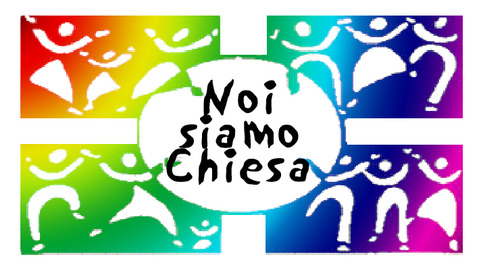Bangui, Central African Republic — Pope Francis concluded his breakneck six-day, three-country tour of Africa Monday with a forceful call for Christians and Muslims to unite against religious violence in this war-torn country and by urging Catholics to be “artisans of peace” who renounce vengeance for past wrongs.
In two events marked again by extraordinary levels of security — with uniformed United Nations soldiers carrying rifles, tanks with mounted machine guns, and security guards in flak jackets and riot gear — the pontiff cried out against all forms of conflict.
Speaking first in an inter-religious meeting with some 200 Muslims at a Bangui’s central Mosque, located in an area of the city known for frequent violent inter-religious clashes, Francis exhorted: “Christians and Muslims are brothers and sisters!”
“We must therefore consider ourselves and conduct ourselves as such!” he told the participants at the meeting, led by local Imam Tidiani Moussa Naibi. “Those who claim to believe in God must also be men and women of peace!”
“Together, we must say no to hatred, to revenge and to violence, particularly that violence which is perpetrated in the name of a religion or of God himself — God is peace, salam,” he said, using the Arabic word for peace.
Security in the Central African Republic has largely been provided since 2014 by a10,000-strong United Nations force.
The current political situation in the country stems from the 2013 seizure of Bangui by a largely Muslims anti-government rebel group known as Seleka. They have been opposed by a largely Christian militia known as the anti-Balaka.
Later, in an open-air Mass with about 30,000 Catholics at Bangui’s sports stadium, Francis told Central African Christians they are called to be “artisans of the human and spiritual renewal of your country.”
The events — the last in the pontiff’s Nov. 25-30 tour of Kenya, Uganda, and this country — were part of a determined push by the pontiff to show the possibility of Muslim-Christian coexistence, even amidst a past of horrific violence.
The visit to the Koudoukou Mosque in particular sent a crystal clear signal of his desire for people to work for peace. The neighborhood surrounding the building is considered one of the most dangerous in Bangui and is even surrounded by what is considered a “no man’s land” by U.N. forces, afraid of entering in fear of harm or death.
Francis drove into the neighborhood Monday in an open-air pope-mobile, greeting crowds lining streets amid tanks and rifle-toting soldiers positioned every few hundred feet.
The Mass at Bangui’s sports stadium was surely among the most tense and militarized in modern papal history. Police in full riot gear — with helmets and long riot shields — formed a ring along the outside track of the stadium below bleachers holding crowds.
Earlier in the Central African Republic on Sunday, Francis met with the head of the country’s transition government, interim President Catherine Samba-Panza, visited a camp of internally displaced persons, and celebrated Mass with the priests and religious at Bangui’s cathedral.
Samba-Panza is leading a temporary government that is supposed to facilitate new elections for a permanent government in December. In a potential sign of hope, all of the presidential candidates met for the first time Saturday to issue a joint statement welcoming the pontiff to their country.
During his visit to the cathedral, Francis made a special sign of reconciliation by opening a holy door there for the upcoming Jubilee Year of Mercy.
It was the first time in the centuries of celebration of Jubilee years that a pontiff opened a holy door in any city other than Rome, and he did so eight days before the official start of the year of mercy on Dec. 8.
“Today, Bangui becomes the spiritual capital of the world,” the pontiff told those gathered outside the cathedral to watch him open the door.
“The Holy Year of Mercy comes early to this land, a land that has suffered for many years,” he said, before pushing the door open with both hands and walking through slowly before pausing in the newly open threshold.
[Joshua J. McElwee is National Catholic Reporter Vatican correspondent. His email address is jmcelwee@ncronline.org. Follow him on Twitter: @joshjmac.]

Lascia un commento